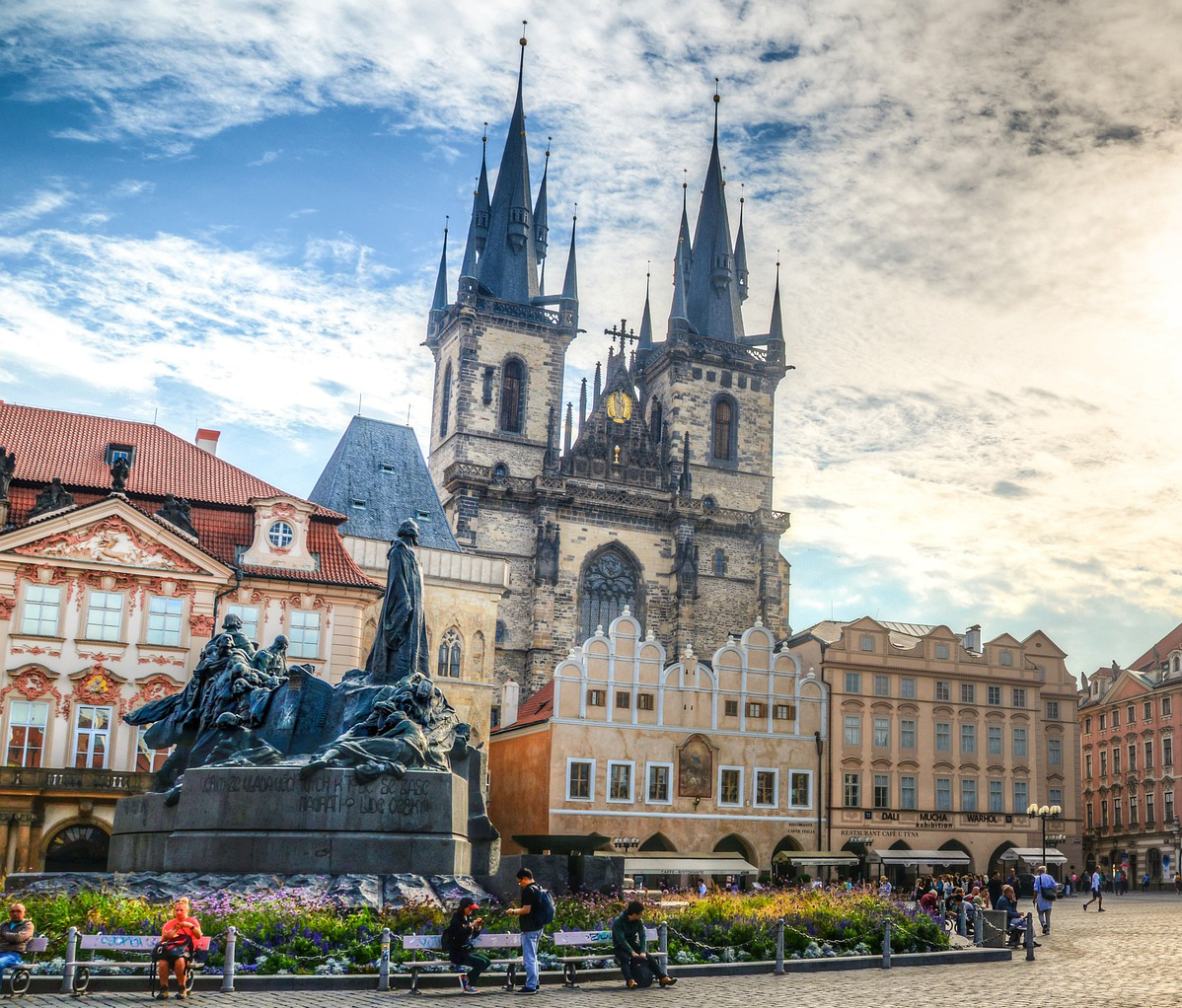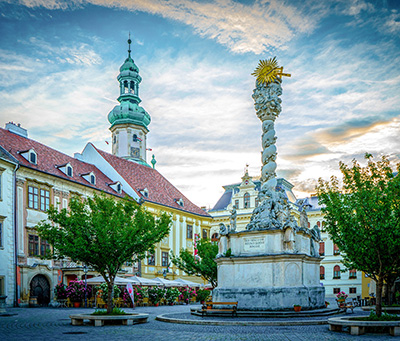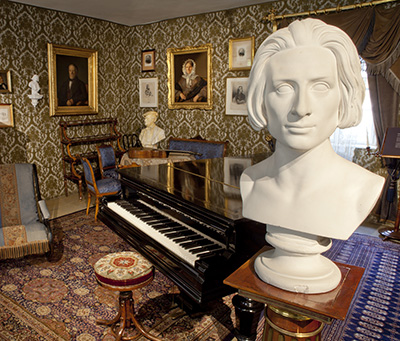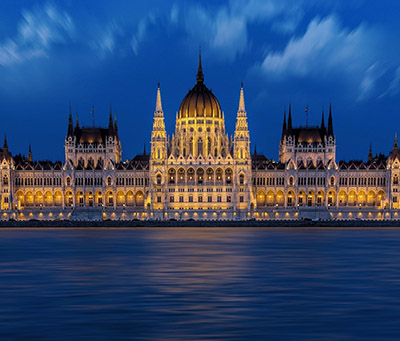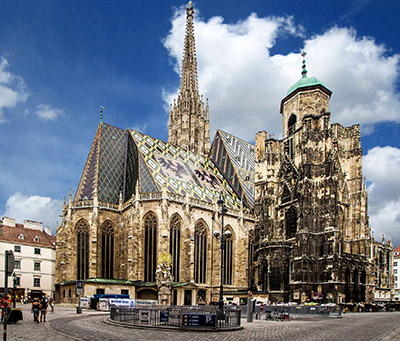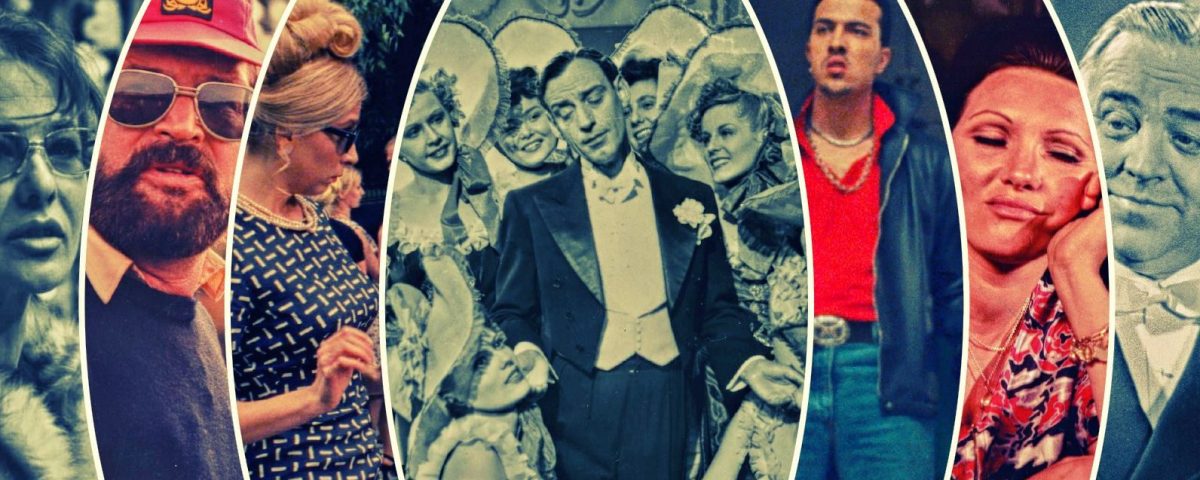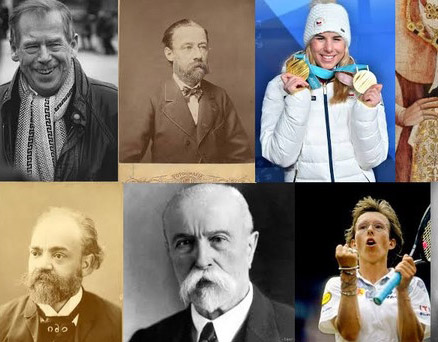- ABOUT US
- TOURS
- Vienna City Tour
- Wine tour of Vienna
- Tour of Danube Valley
- Salzburg Day Tour
- Budapest Day Tour
- Bratislava Day Tour
- Prague Private Tour
- Budapest Jewish Heritage Tour
- Visit Sopron the Hungarian bordertown
- Borderless wine tour in Austria and Hungary
- Ironcurtain tour in Hungary
- Esterhazy heritage tour in Austria and Hungary
- Haydyn and Liszt heritage tour in Austria and Hungary
- Birdwatch in Hungary
- Wine tour at Lake Neusidler
- DESTINATIONS
- GUIDES
- CONCIERGE
- TRANSFERS
- INSIDER BLOG
- USEFUL PAGES
Legend has it that in the early days of Hollywood, there were so many Hungarian immigrants working in the film industry that street signs in the area were written in Hungarian as well as English. These signs became a unique symbol of the cultural melting pot that was Hollywood at the time, and served as a reminder of the diverse backgrounds of the people who helped build the entertainment capital of the world. The Hungarian community in Hollywood didn't just stop at the signs, though. Many Hungarians made significant contributions to the entertainment industry, for example the Czukor brothers.
The Czukor brothers were two Hungarian-born animators who moved to the United States in the early 20th century. They became pioneers in the field of animation, and their work helped lay the foundation for the modern animation industry. They were responsible for creating some of the earliest animated shorts, including "Gertie the Dinosaur," which is considered a milestone in animation history. The Czukor brothers' legacy can be seen in the countless animated films and TV shows that continue to captivate audiences today.
Hungarians have made significant contributions to the entertainment industry in other fields as well. Michael Curtiz, one of the most prominent Hungarians in Hollywood, was responsible for some of the most iconic films of the 1930s and 1940s, including "Casablanca," which won three Academy Awards, including Best Picture. William Fox, another Hungarian-born director, founded 20th Century Fox and produced and distributed some of the most successful films of the early 20th century.
Hungarian actors have also played a significant role in Hollywood. Zsa Zsa Gabor, born in Budapest, was a glamorous and charismatic actress who appeared in numerous films and TV shows throughout her career. Tony Curtis, also of Hungarian descent, appeared in over 100 films throughout his career, including "Some Like It Hot," which is considered one of the greatest comedies of all time. Paul Newman, born to Hungarian parents, won an Academy Award for his role in "The Color of Money" and was nominated for numerous other awards throughout his career. Bela Lugosi and Peter Lorre, both of Hungarian descent, appeared in numerous films and TV shows throughout their careers and left lasting impressions on audiences.
In addition to actors and directors, Hungarians have also made their mark as producers and writers. Andrew G. Vajna, a Hungarian-born film producer, was responsible for producing some of the most successful action films of the 1980s and 1990s, including the "Rambo" and "Terminator" series.
Finally, the impact of Hungarians in Hollywood continues to this day, with Gabor Csupo being a prime example. Csupo, a Hungarian-born animator and director, co-founded Klasky Csupo, a successful animation studio responsible for some of the most beloved cartoons of the 1990s, including Rugrats, Duckman, and Aaahh!!! Real Monsters. Csupo's unique artistic style and innovative approach to storytelling revolutionized the world of animation and inspired a new generation of animators.
In conclusion, the Hungarian community has left an indelible mark on Hollywood, with their contributions shaping the entertainment industry into the cultural and artistic powerhouse it is today. From the Czukor brothers to Gabor Csupo, Hungarians have proven themselves to be pioneers, visionaries, and artists who have enriched the world of entertainment with their unique perspectives and talents.
PB.







